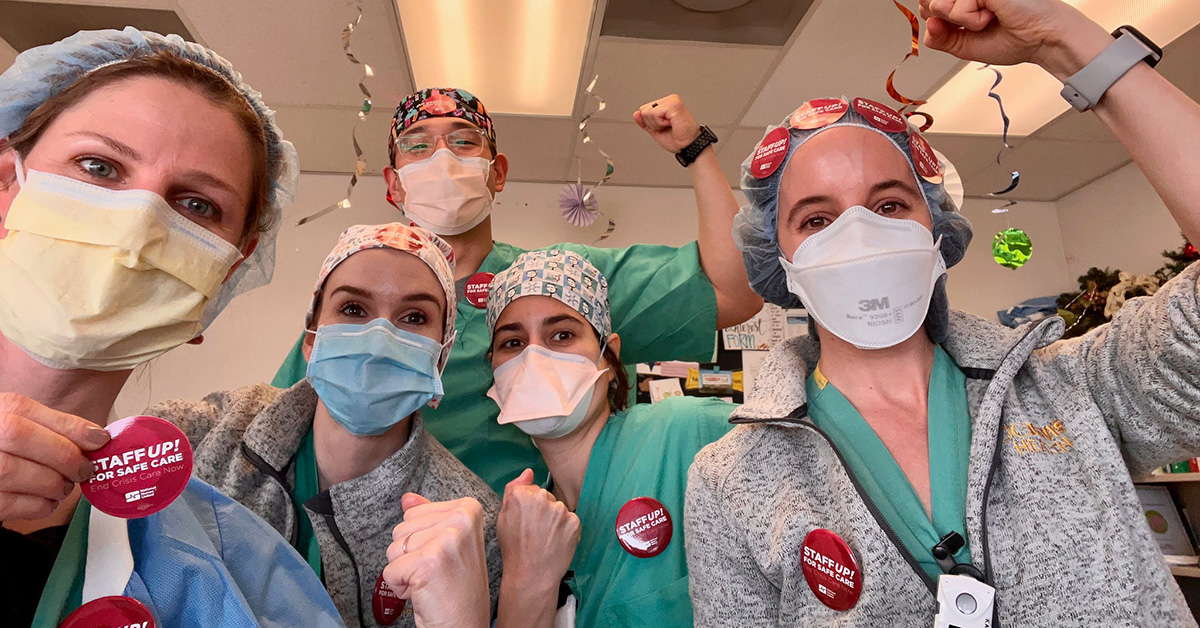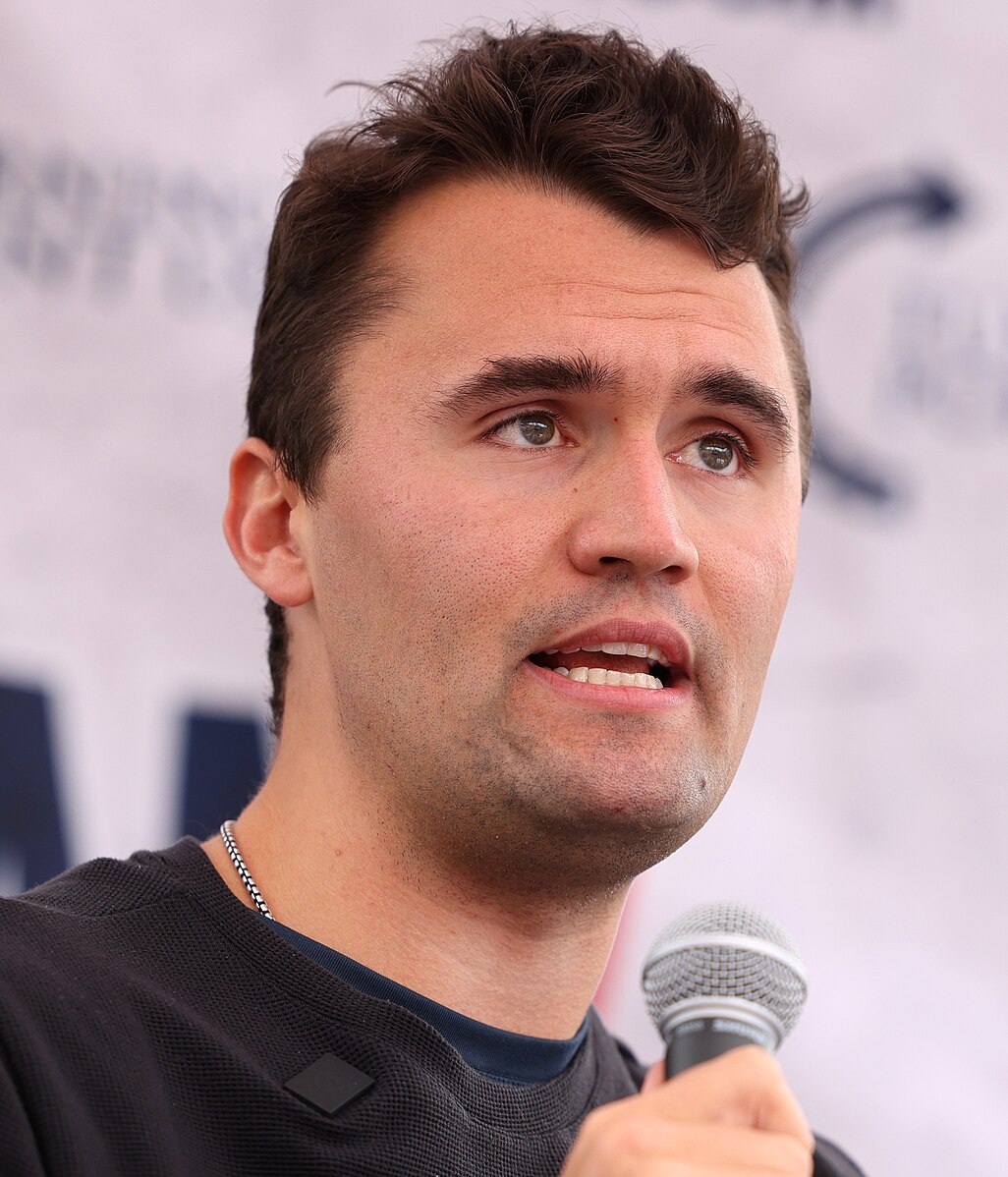If I am being honest, the shortage of nurses in California is scaring me a bit. If you didn’t know about that, former Los Angeles Times writer Teresa Watanabe detailed the dilemma. In the article California has a severe nursing shortage. Inside the battle to get more students in schools, Watanabe detailed the severe shortage of nurses in California. This came along with stress concerns for nursing faculty as restricted training resources make the problems pile up.
According to Watanabe and the state Board of Registered Nursing, a third of over 58,000 applications by qualified students were accepted by nursing schools in the state in 2022-23.
Many others were turned down nationwide. Watanabe cited the American Association of Colleges of Nursing and stated “nursing schools turned away nearly 66,000 qualified applications for bachelor’s and graduate nursing programs in 2023.”
What makes this worse is the clinical training slots, and how hard they are to obtain. California law requires those who are practicing nursing to have at least 500 hours of direct patient care to have a grade on what to do in the hospital, according to Watanabe. Yet the competition for these spots are aggressive. One source from Watanabe’s article, Paul Creason, simply states, “You have to have these spots or your program is dead in the water.”
Watanabe continued to say that a little more than half of California’s nursing school programs said “their requests for clinical placements were denied in 2022-23, according to the state nursing board.”
If all of this is a lot to take in, I feel your grief. I could never imagine areas in California that are in need of people to care for them. It feels ridiculous to say, as someone living in the so-called “Freedom Country.” I mostly pin this on the lack of flexibility that community colleges have in helping nurses pursue their Bachelor’s Degrees of Science in Nursing. This would be the path most practicing nurses would have to take to work in a hospital. I can’t imagine the debt and pressure these students would have to carry trying to land a spot in four-year universities.
At the time of writing this article, there is an ongoing strike across 200 Kaiser Permanente medical facilities, in California and Hawaii, according to Press-Enterprise reporter and editor Pat Maio. This is due to the Union of Heath Care Professionals wanting higher wages. Kaiser is expected to hire 7,600 nurses, clinicians, and other members of staff to help fill the gaps left by striking employees. While the strike ends on Oct. 19, Kaiser spokesman Terry Kanakri states “We expect normal operations to resume afterward.”
I think another reason for this strike, besides wages, are the lack of benefits for the post-schooling process. This is referring to the student and loan debt that follows nursing students. Now, I am not saying that this strike would never happen if these issues didn’t exist. The workers at Kaiser should always demand more from their higher-ups. Essential workers need to be met in the middle, with hospitals properly paying their employees. All of this should apply to practicing nursing students.
Betty Limon, writer of California faces a nursing shortage. Community colleges can help, puts it best, “We need to meet students where they are by adapting to their work, family and financial situations.”
Recently, Assembly Bill 1400: Community colleges: Baccalaureate Degree Nursing Pilot Program has earned the support of the Riverside Community College District. According to Viewpoints Multimedia editor Briana Franco, this bill will be an affordable path for nursing students who would want to get their BSN.
Franco also states, “This bill would limit the pilot program to 10 eligible Community College districts in California. RCCD would be one of the 10 schools eligible for this pilot program and priority registration will go to the students who received an associate degree in nursing in that Community College district.”
So why not let this assembly bill pass? Not only would this help students save money, the bill would, again, help nursing students get their BSN much faster. This would really help the nursing shortage right now.
I might understand that some college programs would be spending more money if this bill would go through. However, I wouldn’t call this a money sink if the end goal is helping people. From the elderly, to the terminally ill and even people like me who hate hospitals. As long as hospitals are full of nurses and doctors are within reach, that is all that really matters. Think about it. Being in a hospital or urgent care unit and needing help, only to discover that it is damn near empty. Sheesh…








